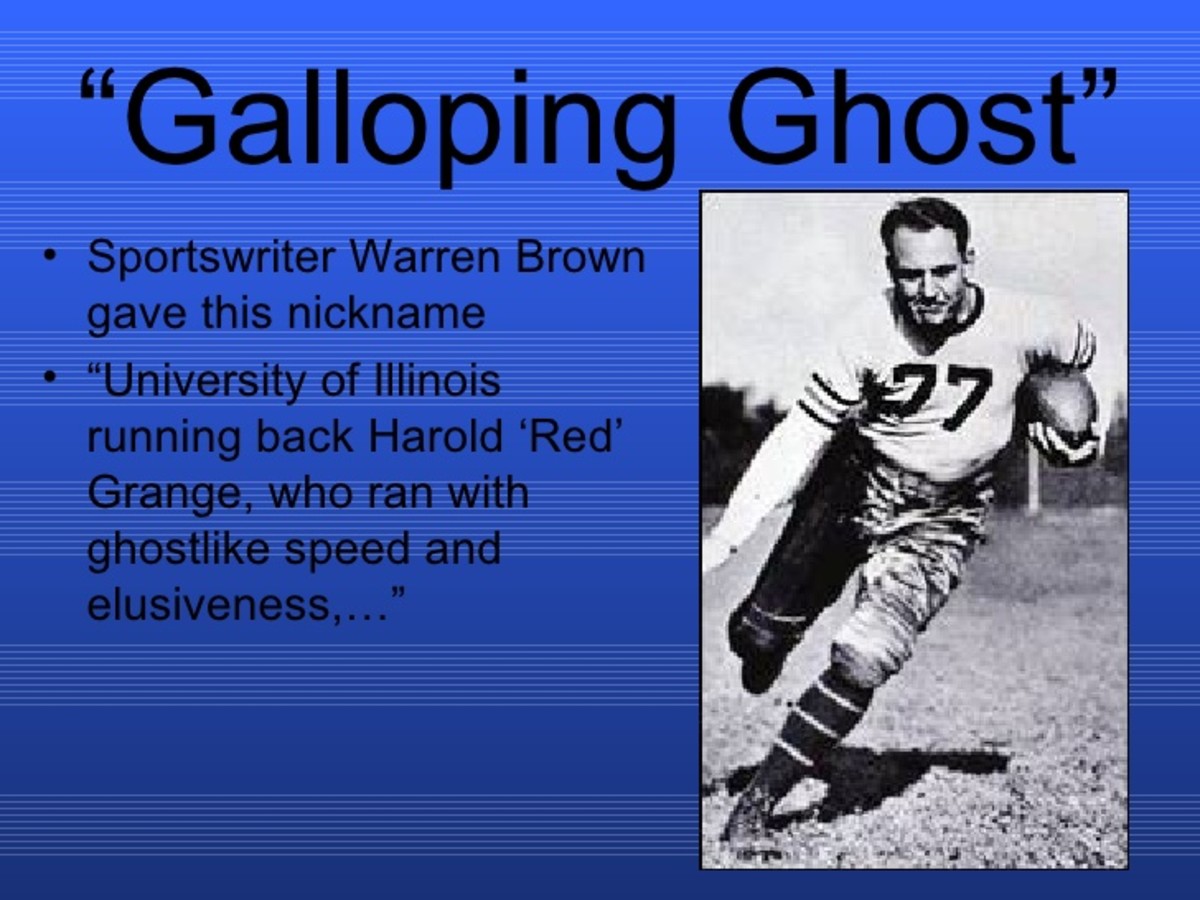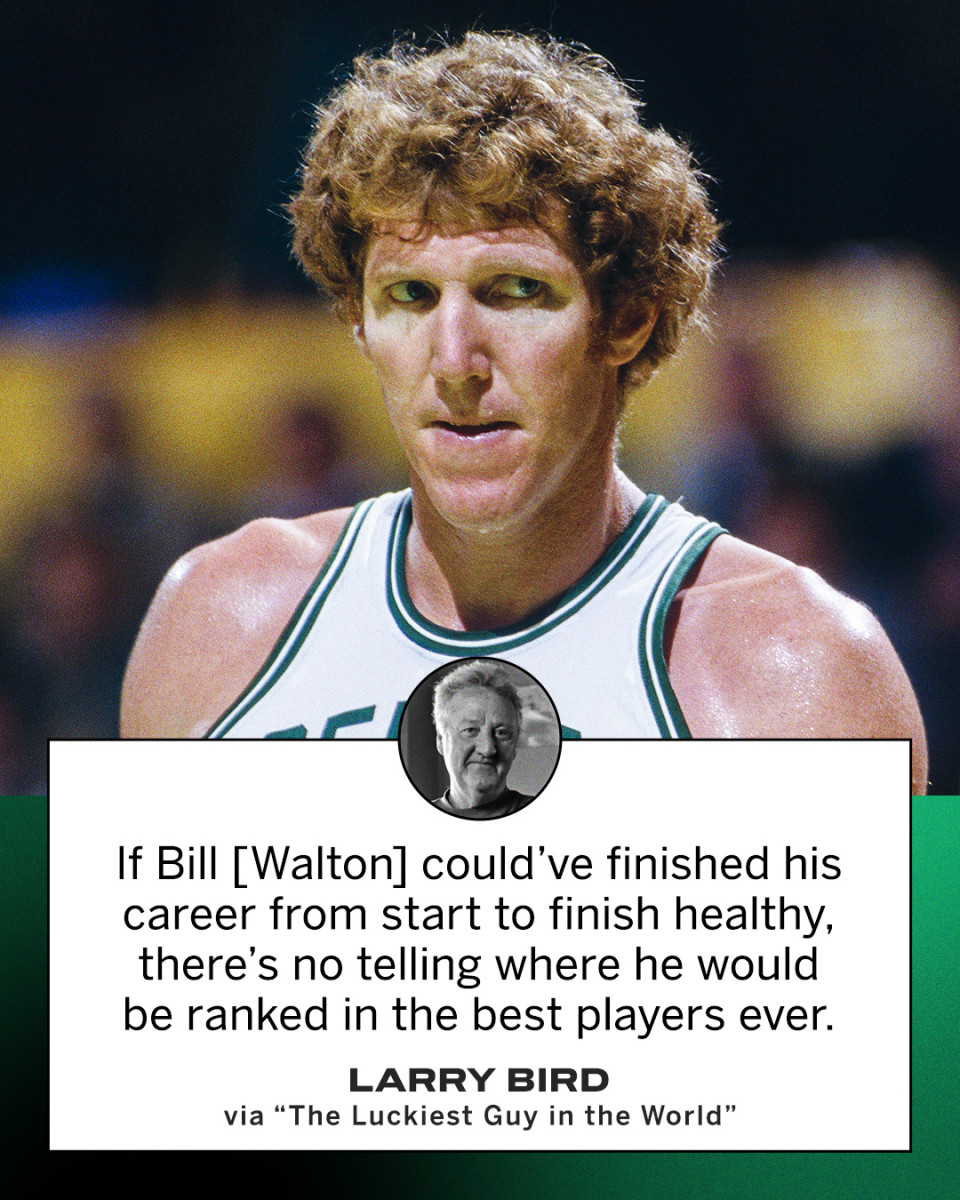Overtime
“A tie is like kissing your sister”
Duffy Daughery Head football coach, Michigan State University 1954-1972
If you are a sports fan, there is nothing better than watching two evenly matched teams go at each other. It’s even better when the score is tied at the end of regulation, and the teams have to play extra innings or overtime. The guts, stamina and intelligence of a team, it’s players and coaches come to the forefront. After playing an entire game, a team must summon the energy and fortitude to continue to play where every mistake or good play is magnified. Some of the most defining moments in sports came in overtime. The Boston Celtics triple overtime thriller with the Phoenix Suns in 1976, the 1958 NFL Championship Game between the New York Giants and Baltimore Colts, walk off extra inning home runs by Carlton Fisk, Kirby Puckett, Aaron Boone and others. These moments and many others kept fans at the edge of their seats.
While baseball and basketball, have always avoided ties by playing on until one team wins, it is relatively new to football and hockey. Rules have been tweaked to make it fair to both teams and to make it more exciting to watch.
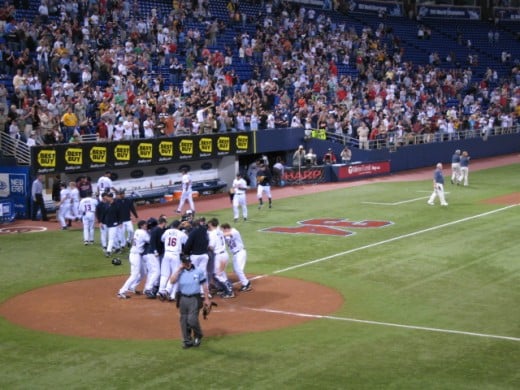
Major League Baseball
Baseball is one of the only team sports in the world that is not dependant on a clock. Neither is it’s extra time. On the average teams play 2-3 extra innings until the game is won. But more extra innings are common. In the longest game ever, in 1984, the Chicago White Sox beat the Milwaukee Brewers 7-6 in 25 innings.
In an extra inning game, a manager’s knowledge of his team, his opponent and the game come to the forefront. Because there is no clock, a baseball manager does not know when the game will end. Does he play aggressively to win the game in the early extra innings or preserve some fresh players in case the game went on longer than expected? Many managers have found themselves out of fresh pitchers as the game wore on or with their best hitter out of the game in a crucial hitting situation because he was lifted for a speedy pinch runner earlier.
Extra innings certainly are a battle of attrition. And extra innings are fair to both teams. They both have their chance to bat the same number of times. And more importantly, the game itself is not changed. It is played under the same rules in the 15th inning as it is in the 1st. (other sports, as we shall see, change the rules when a game is tied after regulation) Despite the fact that sometimes extra innings can raise the time of a game to the 5 hour mark,there is no reason to change any of these rules. After all they have been in place since the 1890s and it works.
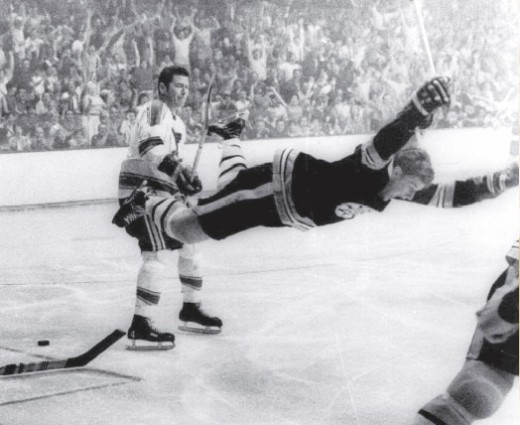
National Hockey League
The 5 minute “sudden death” overtime period can be the most exciting overtime in sports when two aggressive teams work to score and win the game. However, if the five minute overtime period ends in a tie, there is a “shootout”. This is the most ridiculous and contrived way to end a professional sporting event I have ever seen.
When I was young, the local TV station that broadcast the Boston Bruins games had a feature between periods called “Mini One-on-One” Local youth hockey groups would compete in a tournament. In this competition, only a skater and the opposing goalie were on the ice. The skater would pick up the puck at center ice and skate toward the opposing goal where he would attempt to score on the opposing goalie. Seeing 8 year olds do this was amusing, but to base victory in a professional game on something like a is ludicrous.
The shootout can affect the strategy in the five minute overtime period. If a coaching staff feels their team is better in shootouts, they may not play as aggressively in the overtime period, making the OT period less exciting.
My suggestion for this to eliminate the shootout and play a 10 minute “sudden death” overtime period. The game ends in a tie if no goals are scored, The NHL does not use the shootout in the playoffs. The game consists of 20 minute overtime periods until a goal is scored. This makes for a much more exciting game. Some of the best hockey I’ve ever seen were playoff overtime games.

National Basketball Association
Like baseball, in basketball overtime none of the rules are changed, the two tied teams continue the game for a 5 minute overtime period. The periods continue until one team is leading at the end.
It has been said that the last five minutes of a basketball game are the most exciting. Both players and coaches are more intense when the game is on the line. Player matchups, style of play, strategic fouls and timeouts are used to try and gain an advantage over the other team. When the game goes to OT, there is a continuation of this intensity.
College Basketball (NCAA)
College (NCAA) basketball also has a 5 minute overtime period and the rules are similar to NBA overtime rules.
College Football (NCAA)
In college football, each team gets the ball at the other team’s 25 yard line. The team leading after one or more possessions is the winner.
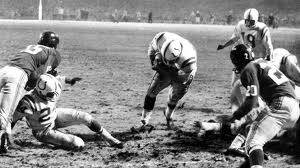
National Football League
The NFL plays a modified “sudden death” 15 minute overtime period. Prior to the 2011 playoffs, the team that scored first was the winner. Now, if the team who has first possession, just kicks a field goal, the opposing team must have a possession. If the overtime period ends with the score still deadlocked, the game ends in a tie. (In the playoffs, the game continues until there is a winner).
While this rule change has improved the watchability of NFL overtimes, teams still tend to play conservatively just to get into range of their field goal kicker. In an interview on Boston Sports radio station WEEI last October, New England Patriots coach, Bill Belichick, suggested football would benefit from an overtime format similar to basketball. He is in favor of scrapping the “Sudden death” element in overtime. Both teams should play until the end of the overtime period, and the winner is the team that leads after the overtime. His favorite part of the game is the end. That is where all the strategy, game management, time outs etc… comes into play and that would continue through the overtime period. Of course the TV networks would not like this. They would be concerned that the early game would run into the late game and the late game could run into their prime time lineup. This could be rectified easily by starting the early game at 12:30 instead of 1:00.
*********
Of course, overtimes exist to determine a winner of a close contest, (only in the NFL regular season can overtime end in the rare tie.) Fans, management and players dislike ties and for the most part we appreciate overtimes even if the rules need to be tweaked a bit.
© 2013 billd01603

